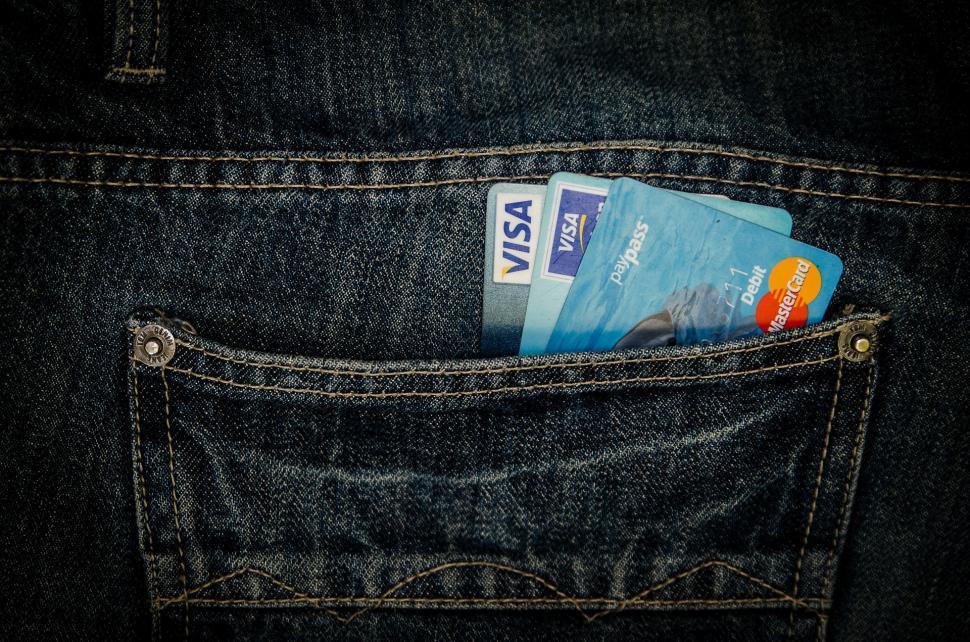In today’s fast-paced global marketplace, consumers face an overwhelming array of products, services, and companies vying for their attention. With such diversity comes the risk of unfair practices, misleading advertisements, and sometimes, outright scams. How do you ensure your interests are protected? The answer lies in understanding the critical role of consumer protection agencies. These organizations stand as a shield for buyers everywhere, ensuring fairness, safety, and confidence in the market.
If you’ve ever felt taken advantage of by a seller, struggled to get a refund, or worried about your personal information’s safety, you’re not alone. Knowing your rights—and the agencies that defend them—empowers you to shop, sign, and spend with confidence.
What Are Consumer Protection Agencies?
Consumer protection agencies are government bodies or independent organizations dedicated to safeguarding buyer interests. Their mission is simple yet vital: uphold fair trade practices, prevent exploitation, and promote informed choice.
They monitor the marketplace for unfair business practices, enforce laws, and provide support to consumers. Whether it’s investigating false claims or enforcing product safety standards, these agencies ensure you, the consumer, are never powerless.
Key Purposes of Consumer Protection Agencies
- Educate consumers about their rights and responsibilities.
- Investigate complaints against businesses or service providers.
- Enforce consumer laws to prevent unfair or deceptive practices.
- Promote transparency in product labeling and advertising.
- Provide dispute resolution services for buyers and sellers.
Why Are Consumer Protection Agencies Important?
Strong consumer protection is the backbone of a trustworthy economy. These agencies build a culture of transparency and accountability, which benefits everyone. When you know someone’s got your back, you’re more likely to try new brands and technologies.
Benefits for Consumers
- Security: Your personal information and hard-earned money are protected.
- Recourse: If you’re wronged, you have a place to turn for help.
- Confidence: You can make big purchases, like cars or electronics, without fear of being scammed.
- Awareness: You stay informed about product recalls, unsafe goods, and misleading claims.
Benefits for Businesses
- Level playing field: Honest businesses thrive when rules are enforced evenly.
- Trust: A fair system builds loyalty among customers.
The Structure of Consumer Protection in Tier-1 Countries
Countries such as the United States, Canada, the United Kingdom, Australia, and others boast strong consumer protections enforced by well-structured agencies. While every country’s system is unique, certain elements are universal.
Key National Consumer Protection Agencies (Examples)
| Country | Agency Name | Key Responsibilities |
|---|---|---|
| United States | Federal Trade Commission (FTC) | Prevents deceptive practices, enforces antitrust laws, educates consumers |
| Canada | Competition Bureau, Office of Consumer Affairs | Promotes fair competition, investigates business practices |
| United Kingdom | Competition and Markets Authority (CMA), Citizens Advice | Protects against unfair trade, advises consumers |
| Australia | Australian Competition and Consumer Commission (ACCC) | Enforces consumer law, investigates scams, regulates pricing |
These agencies form the backbone of consumer rights protection, ensuring a safe and honest market environment.
How Do Consumer Protection Agencies Work?
Ever wonder how the process works when you file a complaint or suspect a scam? Here’s a simplified breakdown.
Investigation
When a consumer reports a problem—say, a defective product or false advertising—the agency starts by verifying the facts. They may contact you, request evidence, or check the company’s track record.
Mediation and Enforcement
If a business is guilty of wrongdoing, agencies usually seek to resolve the issue amicably, sometimes through mediation or negotiation between both parties. If this fails, they may impose penalties, fines, or legal actions.
Consumer Education
Agencies run campaigns, publish reports, and provide resources to inform citizens about their rights, identify common scams, and explain safe buying practices.
Policy and Lawmaking
Consumer protection bodies often recommend new laws, guidelines, or updates to keep pace with changing markets—think online marketplaces, digital privacy, or new tech gadgets.
Key Areas of Consumer Protection
Consumer rights span several areas. Knowing these helps you recognize when to seek help.
1. Product and Service Quality
If an item—or service—doesn’t function as promised, agencies can intervene. This includes warranties, product recalls, and after-sales service.
2. Fair Advertising
Agencies crack down on misleading advertisements, fake endorsements, and hidden fees. Their goal? Ensure every claim is clear and accurate.
3. Data and Privacy Protection
With digital transactions on the rise, agencies increasingly focus on how companies use your data—protecting against breaches, identity theft, and unauthorized sharing.
4. Financial Services
From loans to insurance, consumer agencies monitor lenders and financial institutions, investigating predatory practices or hidden charges.
5. E-commerce and Online Scams
Online shopping is convenient, but not always safe. Agencies help resolve issues with fake websites, non-deliveries, and fraudulent sellers.
How to Reach Out to Consumer Protection Agencies
Don’t wait until things spiral out of control. If you face any unresolved consumer issue, your local consumer protection agency offers a straightforward process:
- Gather documentation: Receipts, email exchanges, contracts, and warranties.
- Contact the agency: Most have easily-accessible helplines, online portals, or walk-in offices.
- Submit your complaint: Detail your experience with supporting evidence.
- Track progress: Agencies typically acknowledge complaints and update you on outcomes or actions taken.
Most importantly, agencies treat your information confidentially and act without bias.
Tips for Maximizing Your Consumer Rights
- Stay informed: Read product labels, contract terms, and store policies before buying.
- Act quickly: Report issues while details are fresh and evidence is available.
- Persist: If unsatisfied with initial outcomes, you can escalate the case or seek mediation.
- Educate yourself: Agencies often offer newsletters, workshops, or guides online.
The Impact of Consumer Advocacy Groups
Beyond official bodies, independent advocacy organizations play a big role. They press for new laws, raise public awareness, and sometimes provide direct support to consumers navigating the system.
Working together with government agencies, these groups amplify the consumer’s voice and often bring about lasting change—be it a recall, a new law, or widespread market reform.
Challenges Facing Consumer Protection Agencies
While consumer protection agencies are powerful, they face ongoing challenges:
- The rapid evolution of digital marketplaces and cross-border shopping complicates enforcement.
- Limited resources and personnel can delay investigations.
- New types of fraud and scams require constant vigilance and adaptability.
Despite these hurdles, agencies continuously innovate to protect your interests.
What’s Next for Consumer Protection?
As commerce evolves, so do threats to consumer rights: think deepfake advertisements, privacy intrusions, and global supply chains. Agencies increasingly harness advanced technology—like AI-driven complaint handling or blockchain verification—to stay one step ahead.
Future trends include:
- Tighter privacy controls.
- Real-time fraud alerts.
- Enhanced international collaboration for seamless cross-border enforcement.
Conclusion
Consumer protection agencies are your allies in the marketplace. They educate, investigate, and enforce to ensure that markets remain honest, fair, and safe. By understanding these organizations, you can shop with confidence, knowing there is always recourse if things go wrong.
Remember, your voice matters. Whenever you spot unfair practices, raise a complaint. Demand transparency, ask questions, and stay aware—the more you know, the stronger your consumer power.
Ready to take charge of your rights? Keep this guide handy and share it with friends and family. Together, let’s make the marketplace safer for everyone!






